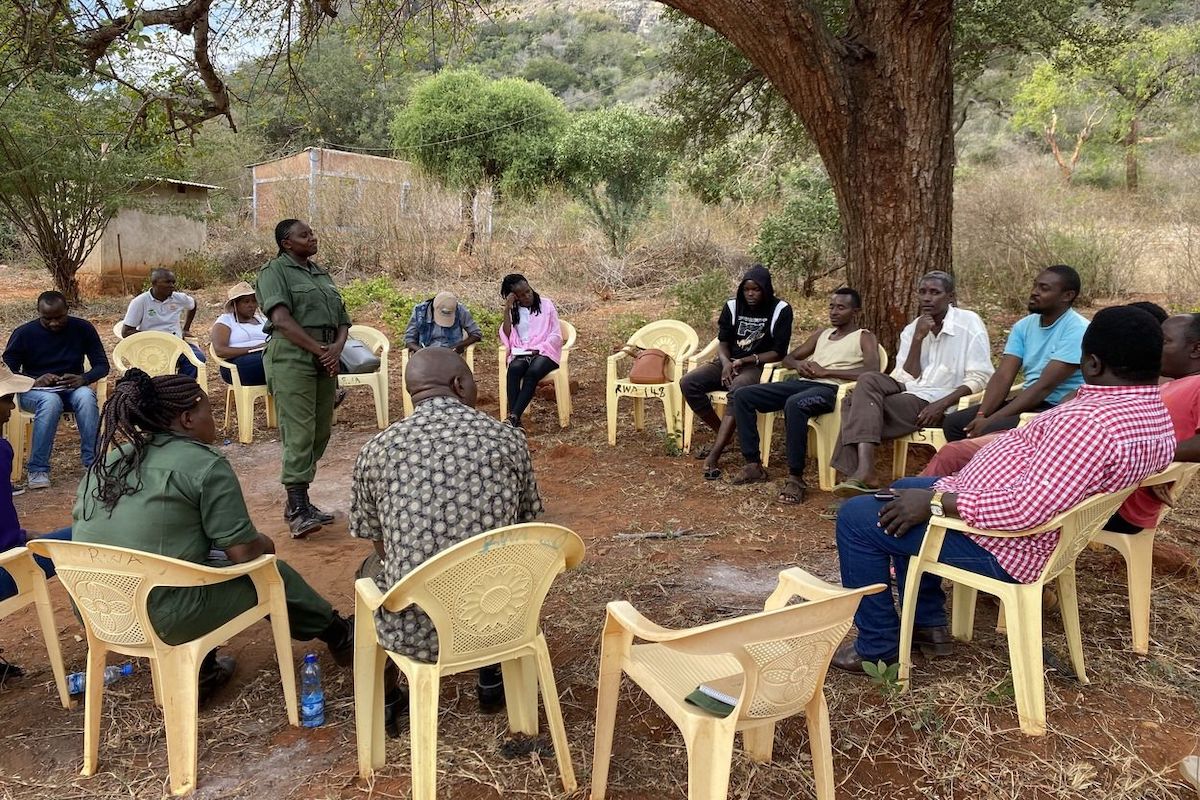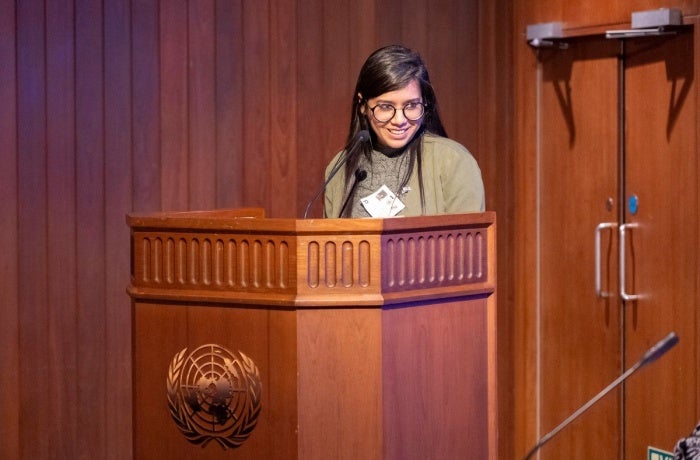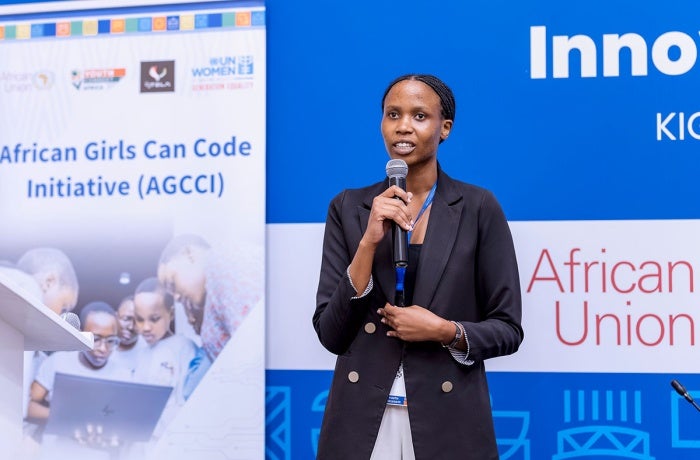Overcoming gender-based violence as a barrier to human rights and environmental sustainability
Our globe counts on each of us to sustainably manage nature—and in every part of the world, women and girls play key roles in nature conservation and climate change action. They are users, managers, and stewards of the land and its resources, leaders raising their voices for the protection and defense of nature, and environmental specialists addressing the most pressing and concurrent crises of climate change, biodiversity loss and degradation. Yet, far too often, gender-based violence is used to reinforce who can engage, who can benefit—and who cannot—when it comes to the control, management and use of natural resources.
Rising to the challenge
The Resilient, Inclusive and Sustainable Environments (RISE) grants challenge is a groundbreaking mechanism to address gender-based violence in environmental programming and climate-vulnerable contexts. Hosted by the International Union for the Conversation of Nature (IUCN), the RISE grants challenge represents a commitment made to UN Women’s Generation Equality initiative through the Action Coalition on Feminist Action for Climate Justice. The first of its kind, the challenge invests in and supports partnerships between environmental organizations, community-based organizations and leaders, and organizations with experience addressing gender-based violence. Together, partners address the ways in which gender-based violence affects the uses of, benefits derived from, and decision-making power and influence over natural resources. Through a peer-learning community, RISE builds capacities, cross-sector cooperation, and learnings on promising strategies to contribute to global learning and advocacy. Below, learn more about the winning organizations and the crucial work they're doing.
Thailand, Indonesia & the Philippines
Empowering Indigenous women environmental human rights defenders to fight gender-based violence
Each day, the climate crisis, environmental degradation, and the expansion of large-scale industries worsen the gender-based violence risks that women and girls face—with Indigenous communities facing disproportionate risk. In recent years, an environmental defender was killed on average every other day; Indigenous Peoples, despite accounting for 5 per cent of the global population, have been the target of nearly 40 per cent of these attacks. Two-thirds of women environmental human rights defenders that have been killed are Indigenous leaders. Through the RISE grants challenge, the Asia Indigenous Peoples Pact (AIPP) is partnering with the International Work Group for Indigenous Affairs (IWGIA), the Persekutan Perempuan Adat Nusantara (PEREMPUAN AMAN), and the Network of Indigenous Women-BAI to empower and elevate the voices of Indigenous women environmental human rights defenders to self-determine their priorities, voices, and strategies to end gender-based violence as a barrier to their defense of the environment. The project provides a regional knowledge sharing, capacity strengthening and solidarity building platform for Indigenous women as they lead and disseminate their own research on the impact of gender-based violence on their activism, human rights, and environmental contributions with the support of a safety plan and fund.
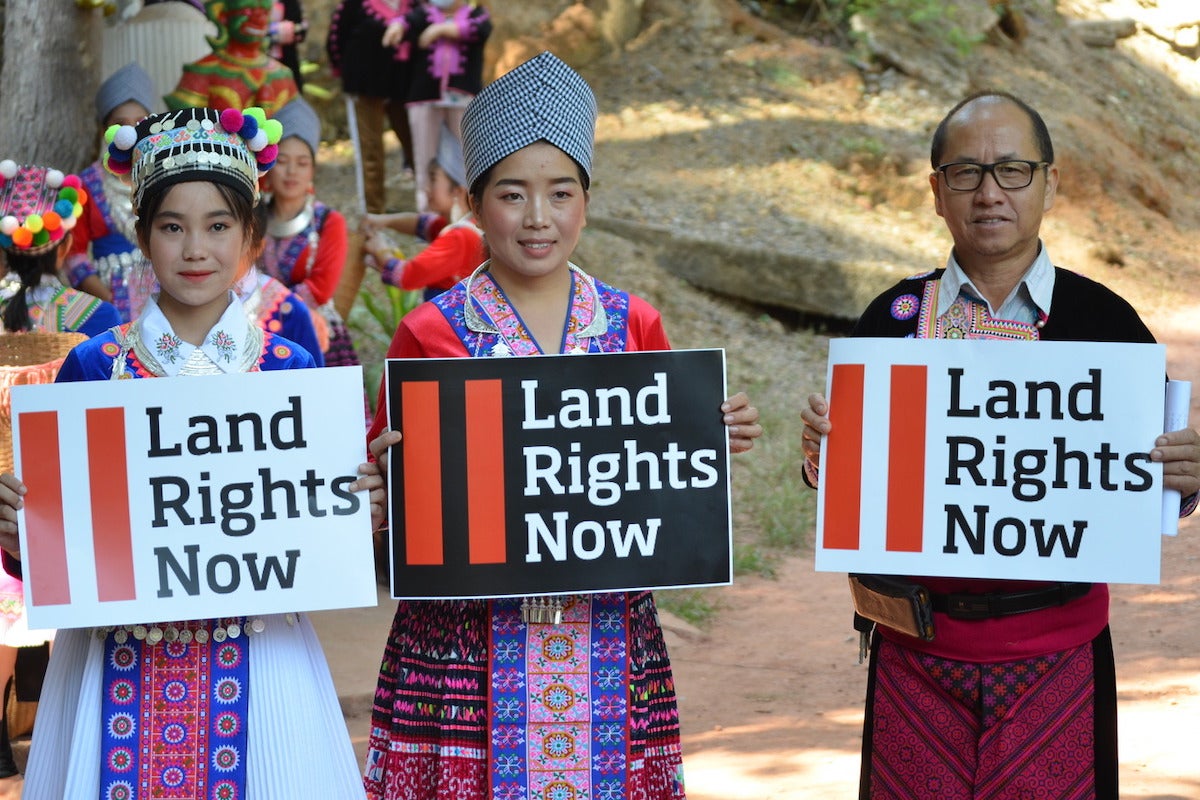
Cambodia
Addressing gender-based violence barriers to women's participation in community protected area management
In Cambodia, Protected Areas (PAs) are essential for national climate change adaptation and mitigation strategies as they cover nearly half of Cambodia’s territories and include some of the world’s most important biodiversity hotspots. Here, women are increasingly taking on important community Protected Areas (CPA) roles in forest management, patrolling and leadership positions, with the support of organizations like the Regional Community Forestry Training Center for Asia and the Pacific (RECOFTC). However, gender-based violence remains a barrier to women’s full and effective participation: women in these roles shared experiences of harassment, threats, and physical and psychological abuse, which have prevented them from accessing financial benefits and leadership opportunities. Under RISE, RECOFTC is partnering with Gender and Development for Cambodia (GADC) to work with the Women’s CPA Network, the CPA Network and local communities to address social norms and build awareness and capacities on gender-based violence and environmental linkages—including via male engagement—to improve women’s full, effective and safe participation in Cambodian CPAs and forest management.
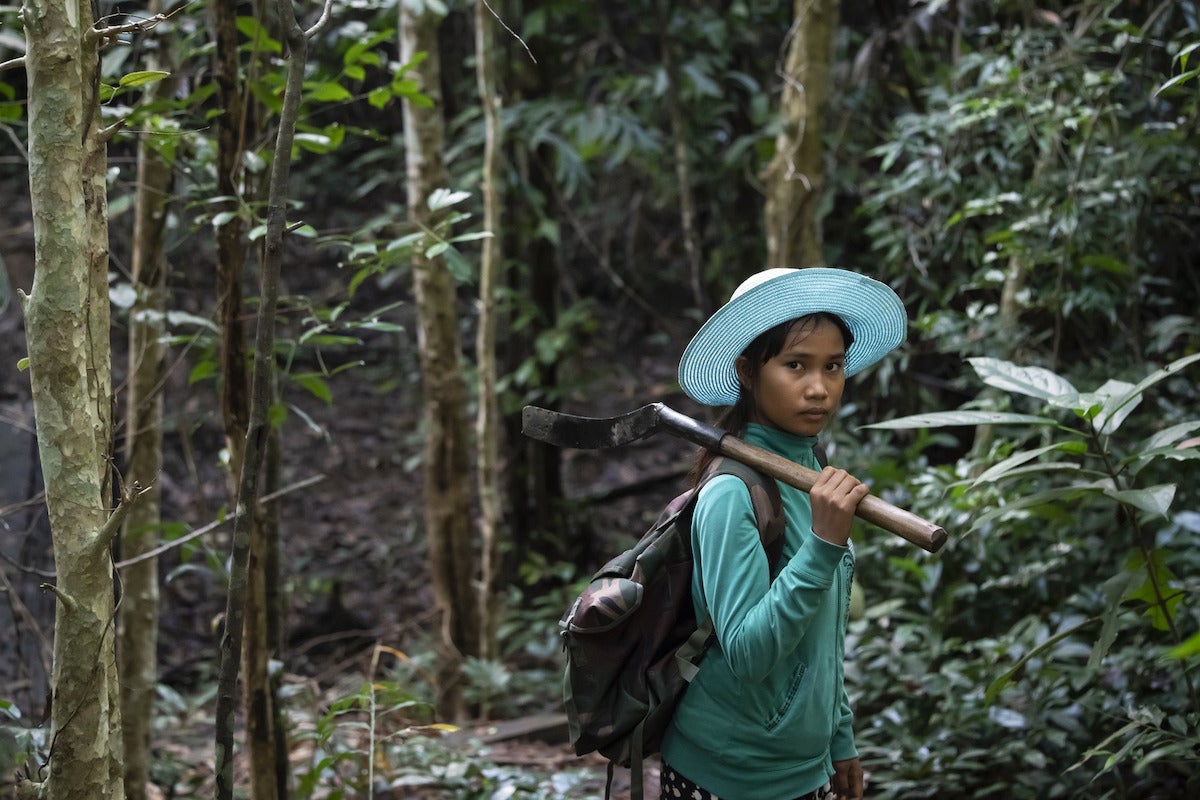
Mexico
Preventing and mitigating of gender-based violence in the conservation, sustainable management and governance of coastal tourism landscapes
In Mexico’s coastal communities, sustainable tourism is paramount for livelihoods. However, ecotourism landscapes remain under stress due to competing land use activities, contamination of water resources, and climate change—which have contributed to increases in social tensions and marginalisation that exacerbate physical and sexual violence at the family and community levels. In addition, sexual harassment in tourism workplaces harm women in the sector and disincentivizes their participation. In Mexico, Espacio de Encuentro de las Culturas Originarias, A.C. (EECO) is partnering with World Wildlife Fund (WWF) Mexico under the RISE grants challenge to address the prevalence of gender-based violence across two tourism landscapes with three protected areas in the Yucatán Peninsula and Oaxaca. Together, partners will engage local communities to integrate gender perspectives and gender-based violence risks within regulatory instruments and promote the economic empowerment of women as gender-based violence prevention and mitigation strategies in ecotourism.
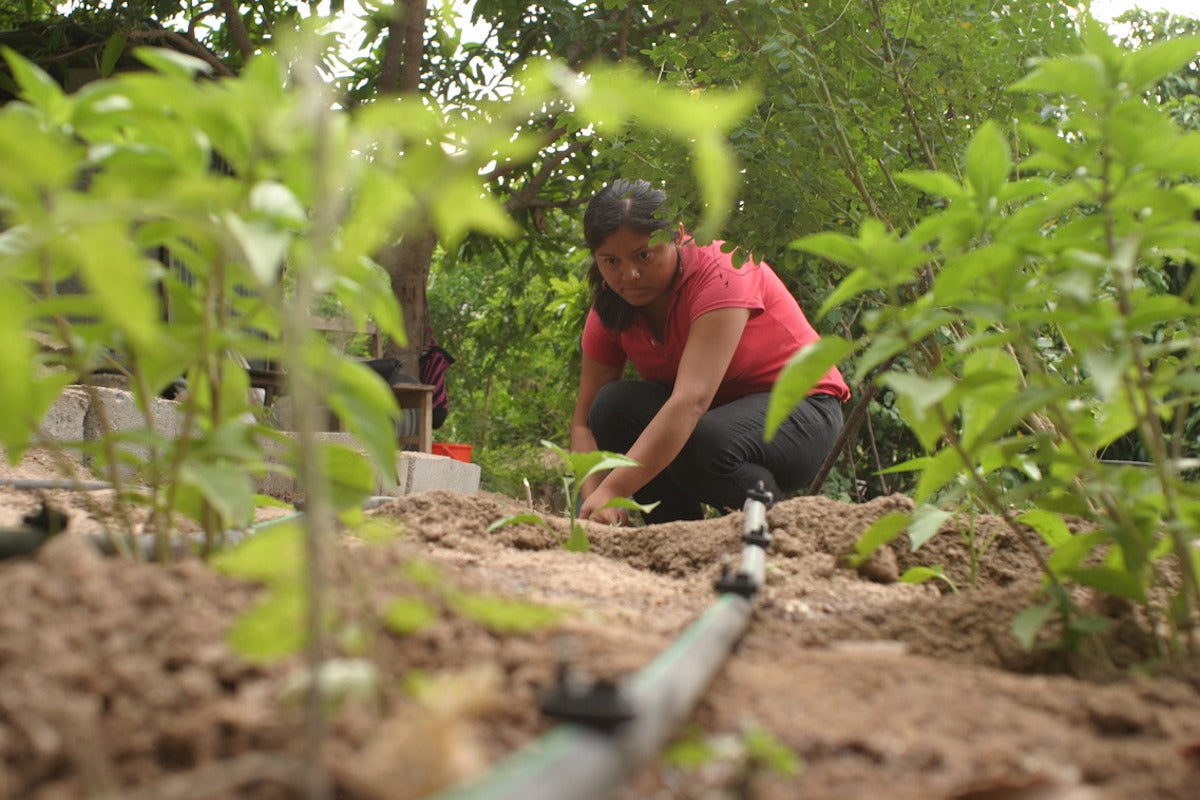
Zambia
Preventing and mitigating gender-based violence to improve access, benefits and control of fisheries resources
Around the globe, fish harvesters are predominantly men, leaving women unseen throughout the sector. However, women represent approximately 90 per cent of the global fisheries post-harvest roles, often acting as the first buyers at landing sites who then process and market the fish. However, their invisibility and dependency on fish resources has led to the exploitation of women through sex-for-fish practices. In Zambia, the impact of climate change on the fisheries sector is further worsening conditions. Through the RISE grants challenge, ActionAid Zambia and their implementing partner Young Women's Christian Association (YWCA) will address drivers of sex-for-fish exploitation by working with the local legal system; establishing and training women’s watch committees to build women’s collective action and agency to prevent gender-based violence; and promoting the sustainable management of fisheries resources in three rural districts in the Western Province: Nalolo, Sesheke and Mongu.
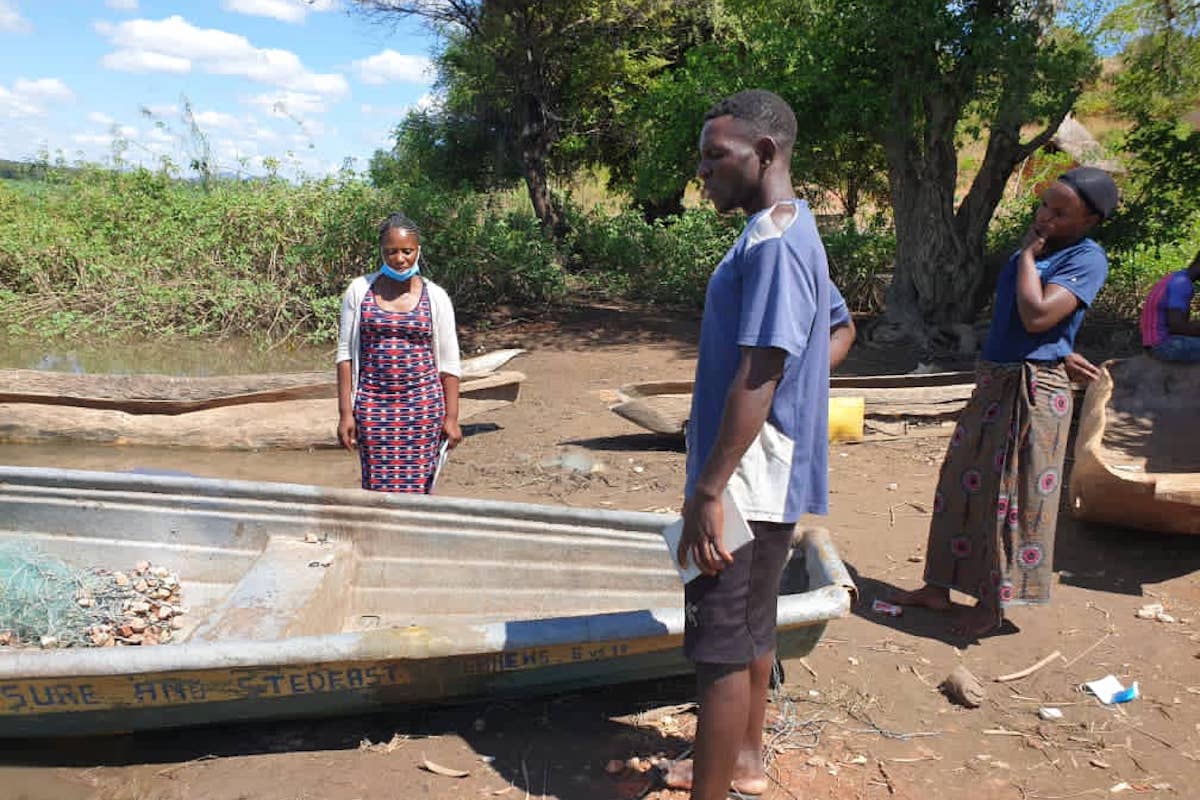
Kenya
Advancing equitable social, gender and power norms in climate vulnerable community conservancies context
In Kenya, climate change poses a threat to the environment and communities that live around conservancies, with drought, resource use conflicts, degradation, and extreme weather patterns disproportionately affecting the most vulnerable.Gender-based violence is used as a barrier to reinforce norms around the roles women and girls can or can’t have in conservancies. As women experience physical and psychological abuse due to their engagement in conservancy governance and related economic activities, the Kenya Wildlife Conservancies Association (KWCA) is continuing work through a second RISE grant in partnership with the Taita Taveta Wildlife Conservancies Association (TTWCA) on preventing gender-based violence and promoting gender equality in Kasigau conservancy in the Taita Taveta landscape. The project will also scale its previous work in the Kitirua conservancy based in the Amboseli landscape. By institutionalizing gender and gender-based violence safeguarding policies, addressing harmful social norms, engaging men and boys, and promoting women’s autonomy and independence, partners aim to replace a culture of ‘can’t’ with a culture of ‘can’ by strengthening women’s agency to meaningfully and safely participate in conservancies.
